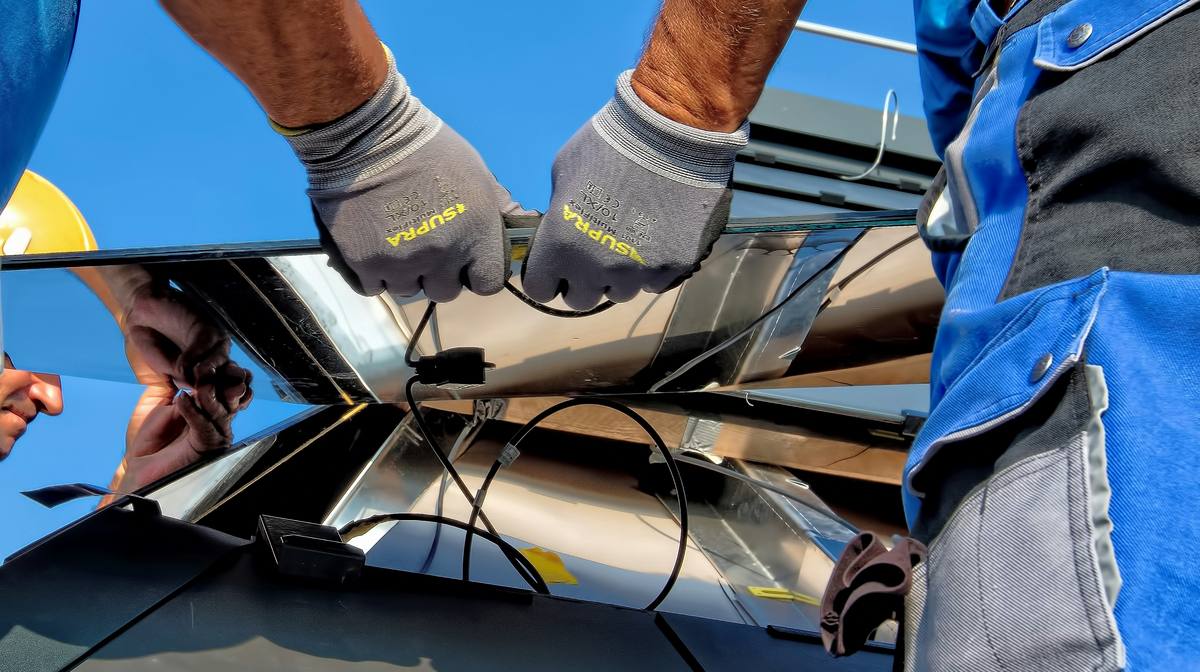Starting Your Own Solar Installation Business
Embarking on the entrepreneurial journey of starting a Solar Installation business is an exciting and potentially prosperous venture. The initial step involves conducting thorough market research to understand the demands and competition within your target area. This knowledge serves as the foundation for crafting a unique value proposition that sets your business apart. Following this, devising a comprehensive business plan is crucial. It should outline your business goals, strategies for achieving them, financial projections, and operational plans. A well-thought-out plan not only guides your path forward but also attracts potential investors or partners.

Understanding the Initial Challenges
The journey of embarking on a solar installation business is akin to preparing for a long hike. The first steps, often the most challenging, involve understanding the terrain. In this domain, that means comprehending the local and federal regulations that govern solar installations. Every state, and often every municipality within those states, can have varying requirements for permits, certifications, and inspections. Finding your way through this labyrinth is essential to lay the groundwork for your business.
In addition to regulatory hurdles, there's the challenge of securing financing. Starting any business requires capital, and solar installation companies are no different. The cost of purchasing equipment, hiring skilled labor, and marketing your services can quickly add up. Securing loans or investment might require presenting a robust business plan and demonstrating potential profitability in a competitive market. This step is crucial for turning your bright idea into a reality.

Finding Your Niche in the Solar Market
The solar industry is as vast as the energy source it harnesses. Thus, finding your niche is like identifying where to plant your flag on an uncharted territory. Residential installations differ greatly from commercial projects in scale, equipment, and customer expectations. Additionally, some regions might be in higher demand for off-grid solutions compared to urban areas where grid-tied systems prevail. Understanding where your service fits best will guide your business toward its ideal clientele.
Moreover, specialization can become your strongest asset. Whether it's through offering innovative mounting systems or excelling in rapid installations, distinguishing your services from competitors can create a loyal customer base. It's also important to consider emerging trends within the industry, such as battery storage integration or smart home compatibility. Keeping abreast of these developments not only prepares you for future demands but also positions you as a forward-thinking leader in the field.

Navigating Supplier Relationships
Establishing strong relationships with suppliers is much like forming alliances in strategic board games; it requires foresight and mutual respect. Initially, this means identifying which manufacturers offer products that align with your niche and quality standards. Not all solar panels are created equal; thus, choosing suppliers whose vision matches yours is key to ensuring long-term success. This decision affects everything from pricing strategy to warranty offerings for your customers.
Beyond product selection, terms of payment and delivery schedules play critical roles in maintaining positive supplier relations. Negotiating favorable terms can significantly impact your cash flow -- crucial for businesses at any stage but particularly so during the startup phase. Regular communication is also paramount; it helps resolve issues promptly and fosters collaboration on future projects or innovations. In essence, robust supplier relationships are foundational to scaling your business effectively.

Cultivating a Skilled Workforce
Assembling a team skilled in solar installation bears resemblance to curating an art collection; each piece contributes to the overall aesthetics--or in this case, efficiency and reliability of service. This begins with identifying individuals who not only possess technical skills but also share your business's ethos regarding quality workmanship and customer service. Training programs can help standardize procedures across teams, ensuring consistency in installations regardless of project size or location.
Yet hiring is only part of the equation--retention plays an equally significant role. Offering competitive wages, opportunities for advancement, and fostering a positive work environment are crucial elements in keeping talent within your company. Recognizing achievements and providing feedback promotes a culture of continuous improvement. As your team grows stronger and more cohesive, their proficiency becomes one of your business's most valuable assets.

Boost campaigns with 250+ editable templates. Save, reuse, and wield design tools for business growth.
Try it for FREE!Marketing Your Solar Business Effectively
In today's digital age, marketing strategies extend far beyond traditional advertisements; they're about crafting stories that resonate with people's values and aspirations towards sustainable living. Developing an online presence through social media platforms allows you to connect directly with potential customers by sharing educational content and testimonials from satisfied clients.
Leveraging search engine optimization (SEO) techniques ensures that when someone searches "how to start using solar energy," your business appears at the top of search results. Participating in local community events and shows related to renewable energy can also increase visibility among potential clients who value supporting local businesses. Remember, effective marketing isn't just about reaching a wide audience; it's about reaching the right audience.
Designing Your Brand with Desygner
Crafting a visual identity for your solar installation business sets you apart in a crowded marketplace. From logos that shine as brightly as the sun to promotional materials that illuminate your company's values -- every element tells part of your story.
Utilizing tools like Desygner can empower you to create professional-grade designs without needing extensive graphic design skills.
Setting the Stage for Success in Solar Installation
As we draw our guide to a close, remember that starting a solar installation business is not only about harnessing the sun's power but also about illuminating the path to sustainable success. Entering the solar industry requires a blend of technical know-how, strategic planning, and a deep commitment to green energy solutions. It represents an opportunity to contribute positively to environmental conservation while also tapping into a rapidly growing market.
To ensure your journey is fruitful, bear in mind the essential steps and considerations we've outlined. From conducting thorough market research to understanding your customer base, every aspect plays a critical role in building a robust foundation for your business. Moreover, focusing on quality installations and excellent customer service will set you apart in this competitive landscape.
Here are key takeaways to keep top of mind:
- Develop a comprehensive business plan.
- Secure necessary certifications and permits.
- Invest in quality equipment and continuous learning.
- Build a skilled and knowledgeable team.
- Focus on customer satisfaction and engagement.
- Create an effective marketing strategy.
- Embrace new technologies and innovation.
- Leverage tools like Desygner for professional branding and marketing materials.
In conclusion, while the road to establishing a successful solar installation business may present challenges, the rewards - both financial and environmental - are significant. By adhering to these guidelines and continuously seeking ways to innovate and improve, your business will not only thrive but also contribute meaningfully to our planet's health. As you embark on this exciting venture, consider signing up at Desygner for support in creating high-quality visual assets that reflect your brand's commitment to excellence and sustainability. Best of luck!


